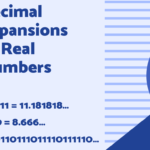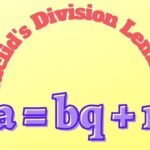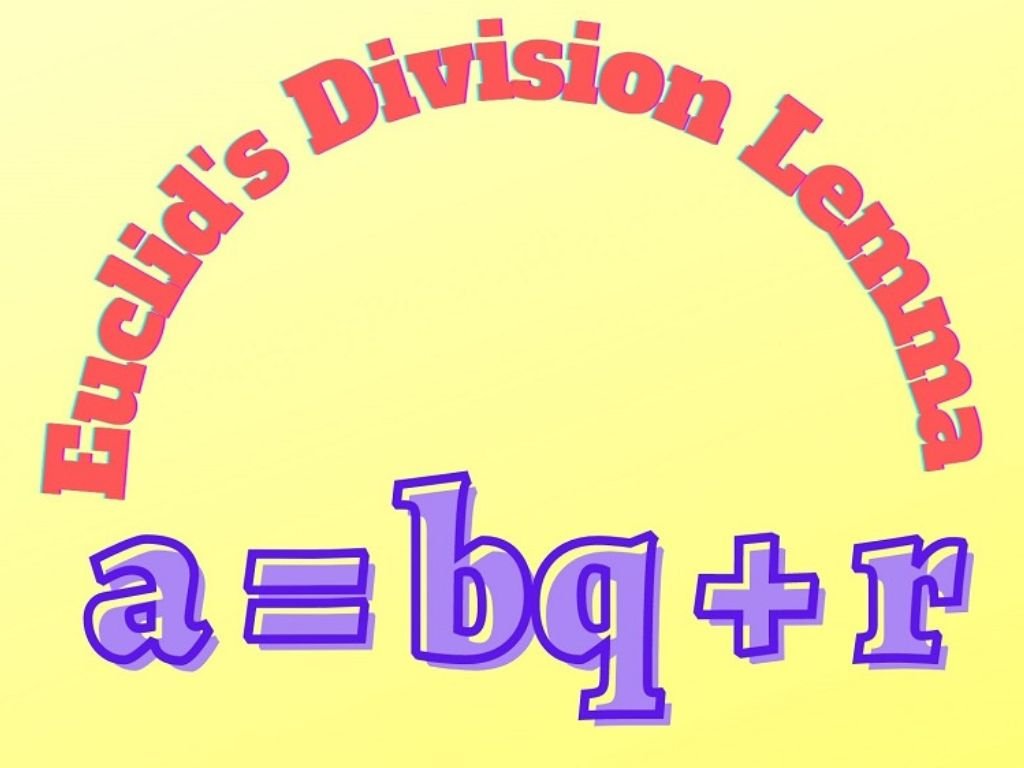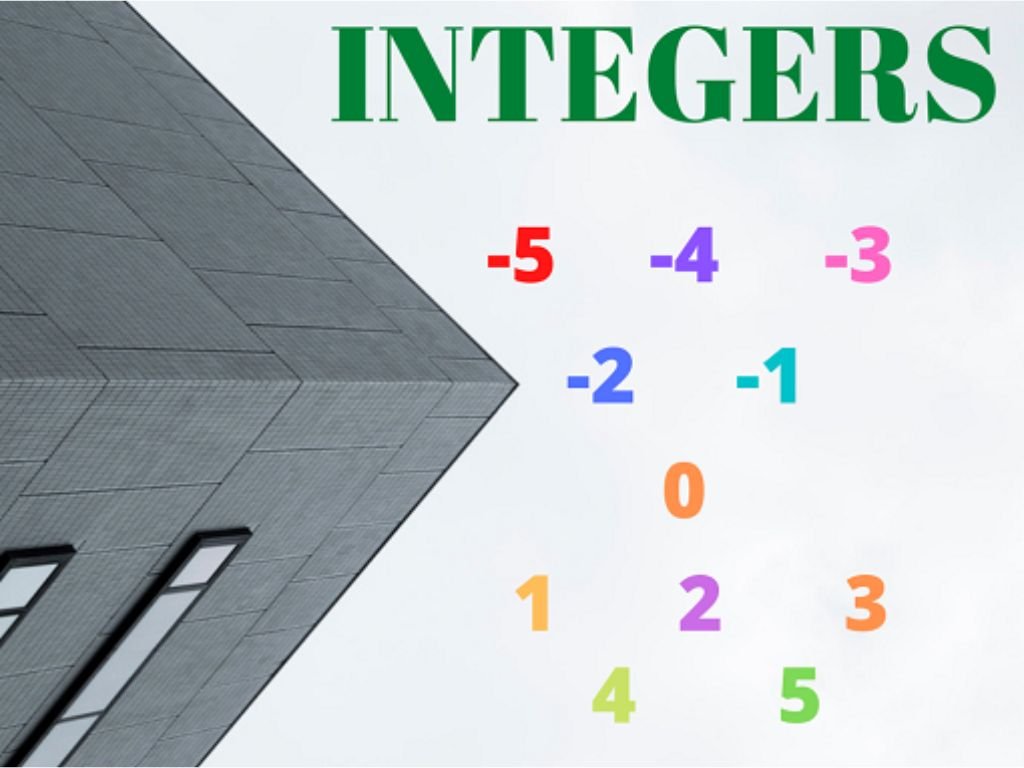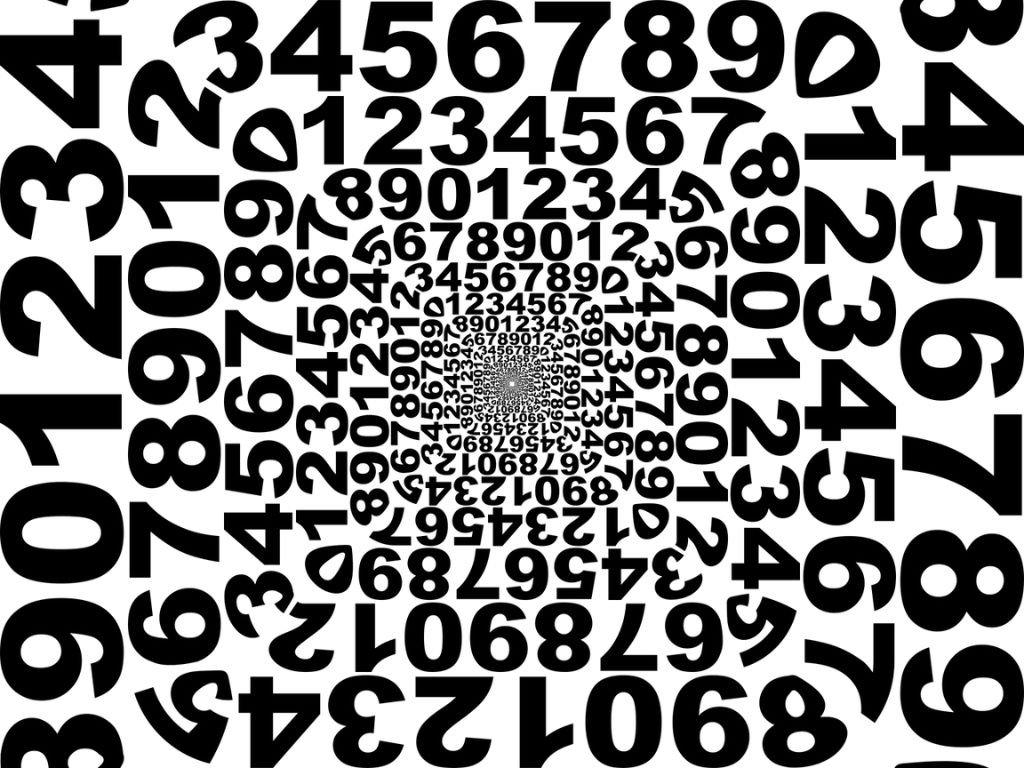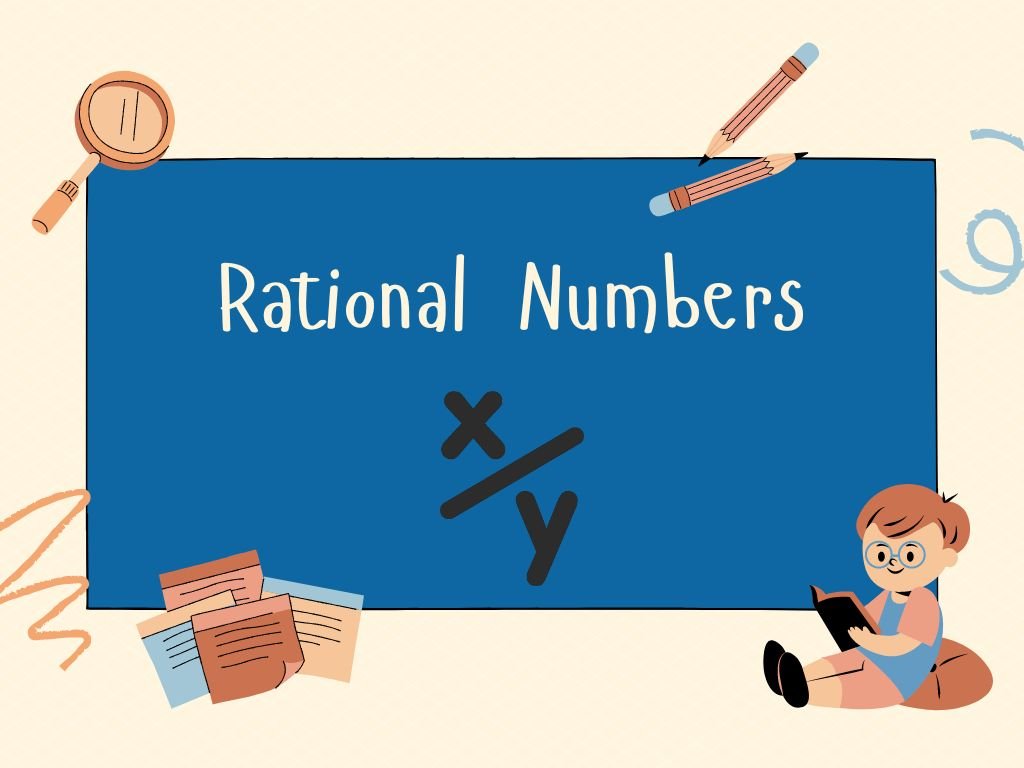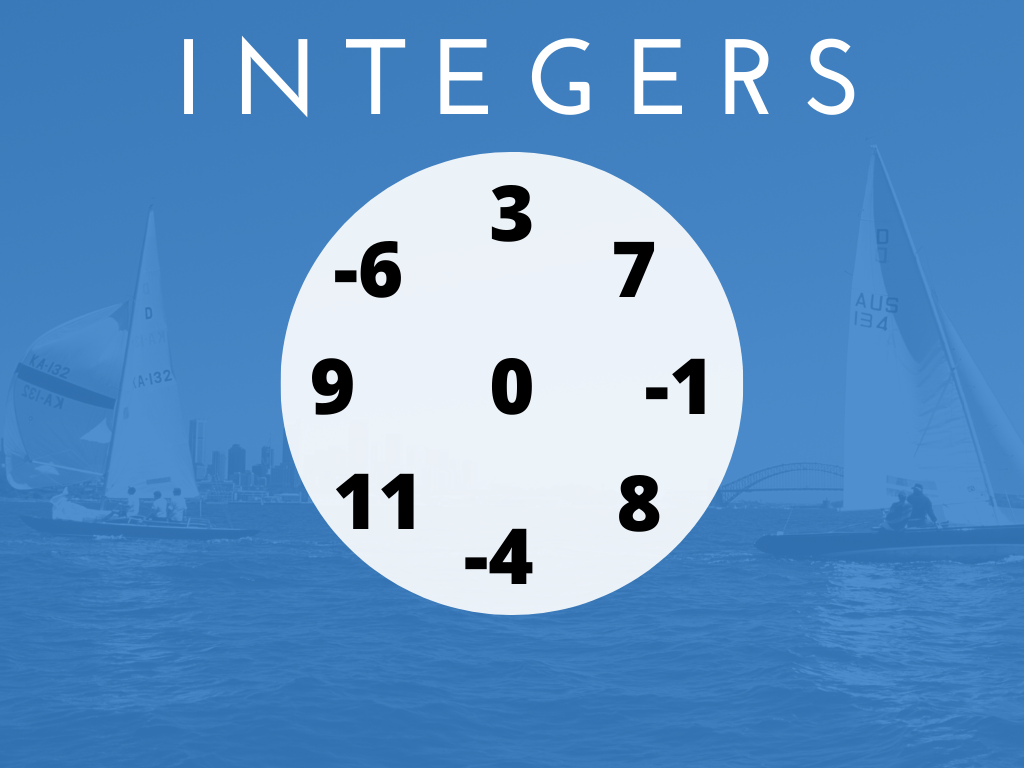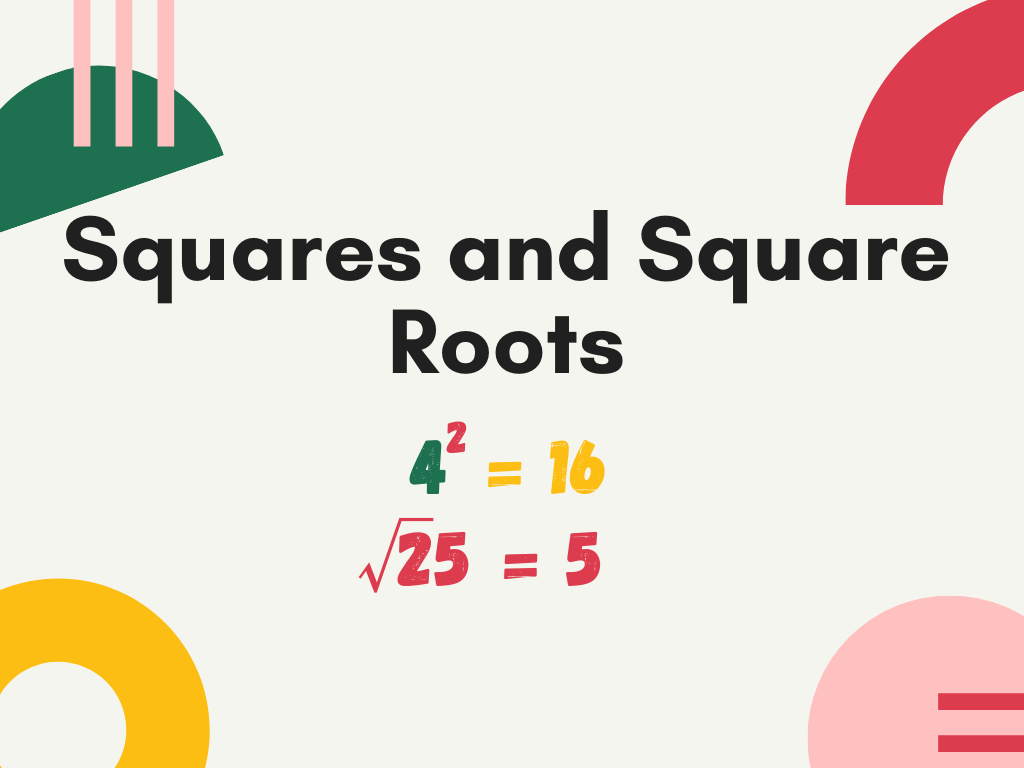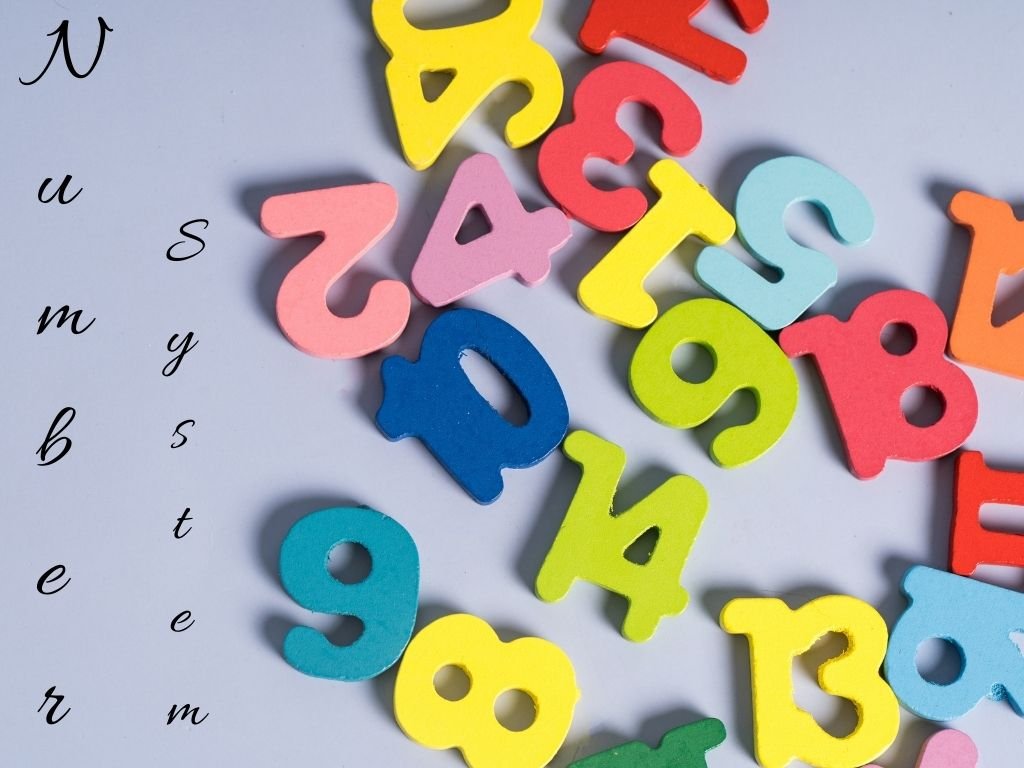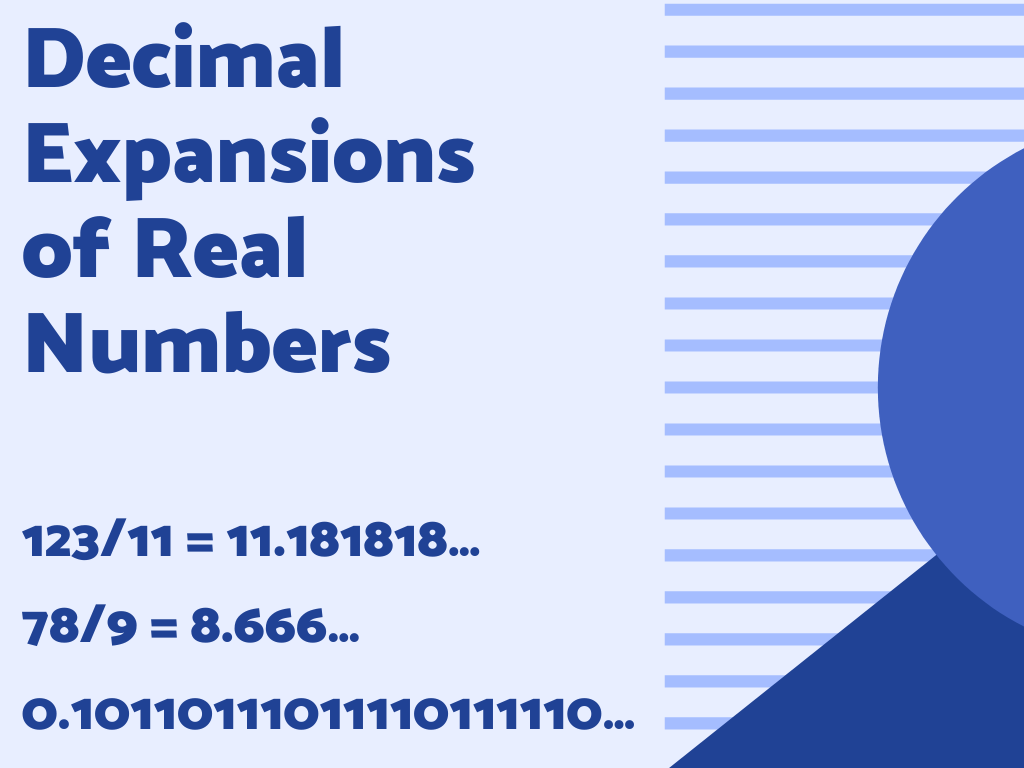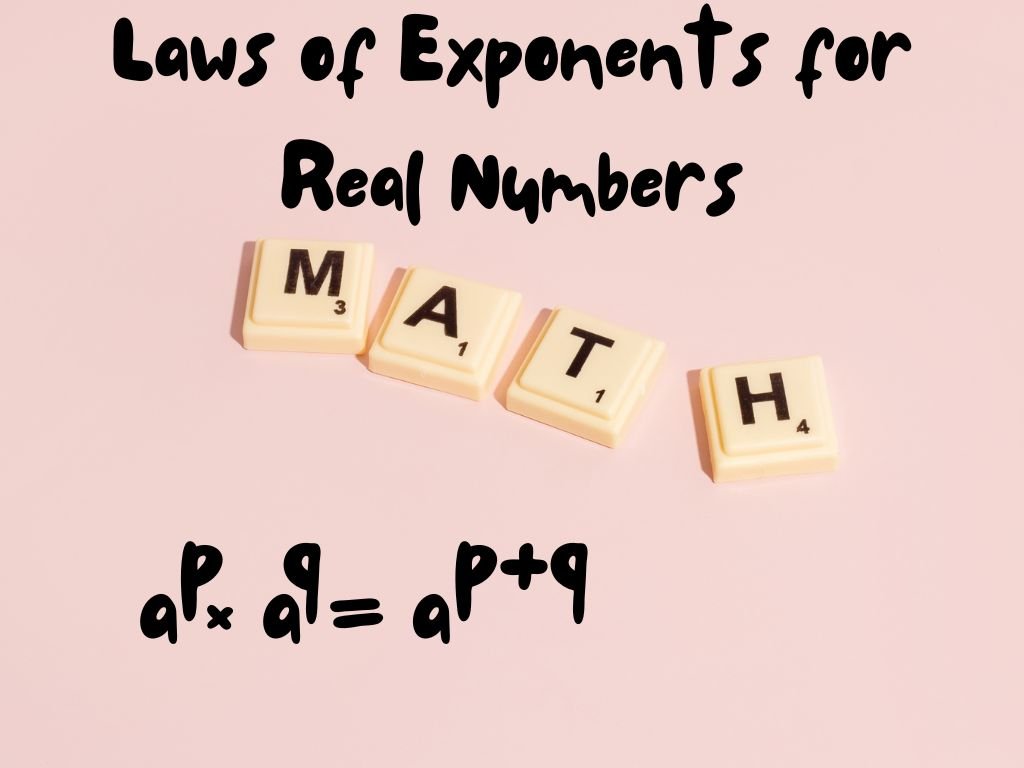Introduction
Irrational Numbers – The numbers that cannot be written in the form of p/q, are called Irrational Numbers. Where p and q are integers and q ≠ 0. Irrational numbers are denoted by T. Examples – √2, √3, √5, π, etc.
In this section, we shall study the proof of the irrationality of an irrational number with the help of The Fundamental Theorem of Arithmetic. The proof of irrationality is based on a technique which is called proof by contradiction. This is the technique, in which we prove the irrationality by the wrong assumption.
Before we prove irrationality, there is a theorem to be studied, and whose proof is based on the fundamental theorem of arithmetic.
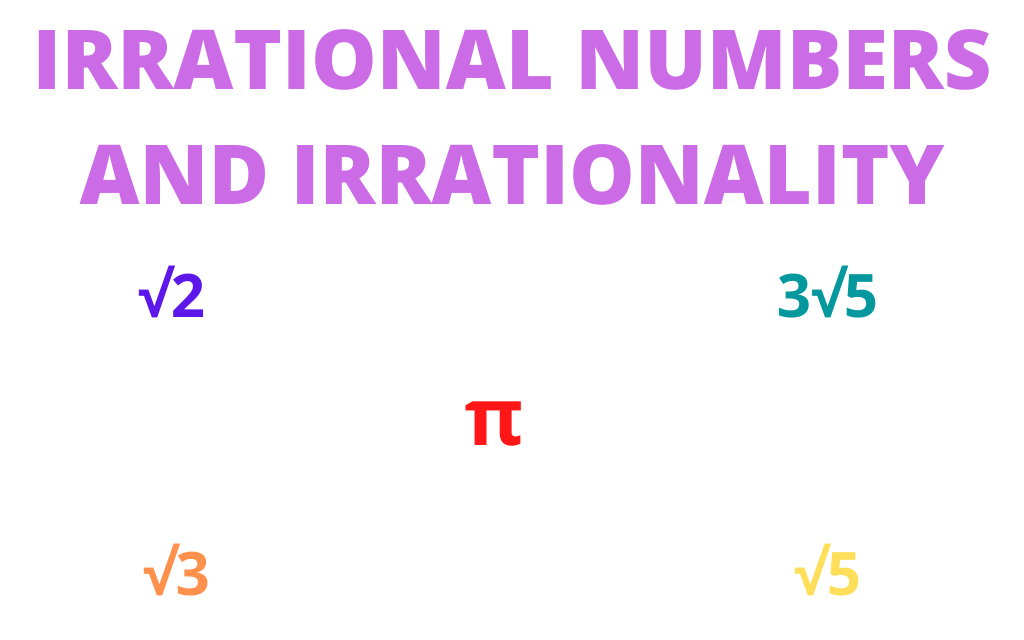
Theorems Based on Irrationality
Theorem 1) If p divides a2, then p also divides a. where p is a prime number and a is a positive integer.
Proof – Since a is a positive integer. Let the prime factorization of a be as follows
a = p1×p2×p3…………….pn
Where p1, p2, p3, …… pn are prime numbers (may be different or same)
Therefore, a2 = (p1×p2×p3…………….pn)(p1×p2×p3…………….pn) = p12×p22×p32…………….pn2
Now, it is given that p divides a2. So, by the fundamental theorem of arithmetic, p will be one of the prime factors of a2.
But prime factors of a2 are p1, p2, p3, …… pn so p is one of the prime factors p1, p2, p3, …… pn.
Since a = p1×p2×p3…………….pn
Therefore, p divides a. Hence Proved.
Theorem 2) Prove that √2 is an irrational number.
Proof – Using the contradiction, let √2 be a rational number.
So, for integers a and b, we can write
√2 = a/b where b ≠ 0 and a, b = coprime numbers [not any common factor other than 1]
√2b = a
By squaring both sides,
(√2b)2 = a2
2b2 = a2
Or b2 = a2/2, it means 2 divides a2 therefore, 2 also divides a [by theorem 1] ………………..(1)
So, we can write for any integer c, a = 2c …………………….(2)
Putting the value of a from equation (2) to (1)
We get, b2 = (2c)2/2
b2 = 4c2/2
b2 = 2c2
Or b2/2 = c2 it means 2 divides b2 therefore, 2 also divides b [by theorem 1] ………………(3)
From equations (1) and (3), 2 divides a, and 2 divides b this means a and b have at least 2 as a common factor.
But this contradicts (opposes) the fact that a and b have no common factor other than 1.
It shows that our assumption that √2 is a rational number is wrong.
So, we conclude that √2 is an irrational number. Hence Proved.
Let’s have some examples based on this theorem.
Some Examples
Example 1) Prove that √3 is an irrational number.
Solution – Let √3 be a rational number.
So, for integers a and b, we can write,
√3 = a/b where b ≠ 0 and a, b = coprime numbers [not any common factor other than 1]
√3b = a
By squaring both sides
(√3b)2 = a2
3b2 = a2
Or b2 = a2/3 it means 3 divides a2 therefore, 3 also divides a [by theorem 1] ………………..(1)
So, we can write for any integer c, a =3c …………………….(2)
Putting the value of a from equation (2) to (1)
We get, b2 = (3c)2/3
b2 = 9c2/3
b2 = 3c2
Or b2/3 = c2 it means 3 divides b2 therefore, 3 also divides b [by theorem 1] ………………(3)
From equations (1) and (3), 3 divides a, and 3 divides b this means a and b have at least 3 as a common factor.
But this contradicts (opposes) the fact that a and b have no common factor other than 1.
It shows that our assumption that √3 is a rational number is wrong.
So, we conclude that √3 is an irrational number. Hence Proved.
Example 2) Prove that √5 is an irrational number.
Solution – Let √5 be a rational number.
So, for integers a and b, we can write,
√5 = a/b where b ≠ 0 and a, b = coprime numbers [not any common factor other than 1]
√5b = a
By squaring both sides
(√5b)2 = a2
5b2 = a2
Or b2 = a2/5 it means 5 divides a2 therefore, 5 also divides a [by theorem 1] ………………..(1)
So, we can write for any integer c, a = 5c …………………….(2)
Putting the value of a from equation (2) to (1)
We get, b2 = (5c)2/5
b2 = 25c2/5
b2 = 5c2
Or b2/5 = c2 it means 5 divides b2 therefore, 5 also divides b [by theorem 1] ………………(3)
From equations (1) and (3), 5 divides a, and 5 divides b this means a and b have at least 5 as a common factor.
But this contradicts (opposes) the fact that a and b have no common factor other than 1.
It shows that our assumption that √5 is a rational number is wrong.
So, we conclude that √5 is an irrational number. Hence Proved.
Note – We know that the addition and subtraction of rational numbers and irrational numbers are also irrational numbers and multiplication and Division of non-zero rational numbers and irrational numbers are also irrational numbers.
Example 3) Prove that 5 + √3 is irrational.
Solution – Let 5 + √3 be a rational number.
So, for integers a and b,
5 + √3 = a/b where b ≠ 0 and a, b = coprime numbers [not any common factor other than 1]
√3 = a/b – 5
√3 = (a – 5b)/b …………………….(1)
Since a, b, and 5 are integers, so (a – 5b)/b is a rational number.
So, from equation (1), √3 will be a rational number.
But this contradicts the fact that √3 is an irrational number.
It shows that our assumption that 5 + √3 is a rational number is wrong.
So, we conclude that 5 + √3 is irrational. Hence Proved.
Example 4) Prove that 3√5 is irrational.
Solution – Let 3√5 be a rational number.
So, for integers a and b,
3√5 = a/b where b ≠ 0 and a, b = coprime numbers
√5 = a/3b …………………….(1)
Since a, b, and 3 are integers, so a/3b is a rational number.
So, from equation (1), √5 will be a rational number.
But this contradicts the fact that √5 is an irrational number.
It shows that our assumption that 3√5 is a rational number is wrong.
So, we conclude that 3√5 is irrational. Hence Proved.
Example 5) Show that √3 + √5 is irrational.
Solution – Let √3 + √5 be rational.
So, √3 + √5 = a/b where b ≠ 0 and a, b = coprime numbers
√5 = a/b – √3
Squaring both sides, (√5)2 = (a/b – √3)2
5 = a2/b2 – 2√3a/b + 3 [∵ (a – b)2 = a2 – 2ab + b2]
2√3a/b = a2/b2 + 3 – 5
2√3a/b = a2/b2 – 2
2√3a/b = (a2 – 2b2)/b2
√3 = (a2 – 2b2)/b2 × b/2a
√3 = (a2 – 2b2)/2ab …………………….(1)
Since a, b, and 2 are integers, so (a2 – 2b2)/2ab will be rational.
So, from equation (1), √3 will be a rational number.
But this contradicts the fact that √3 is an irrational number.
It shows that our assumption that √3 + √5 is rational is wrong.
Therefore, √3 + √5 is irrational. Hence Proved.






